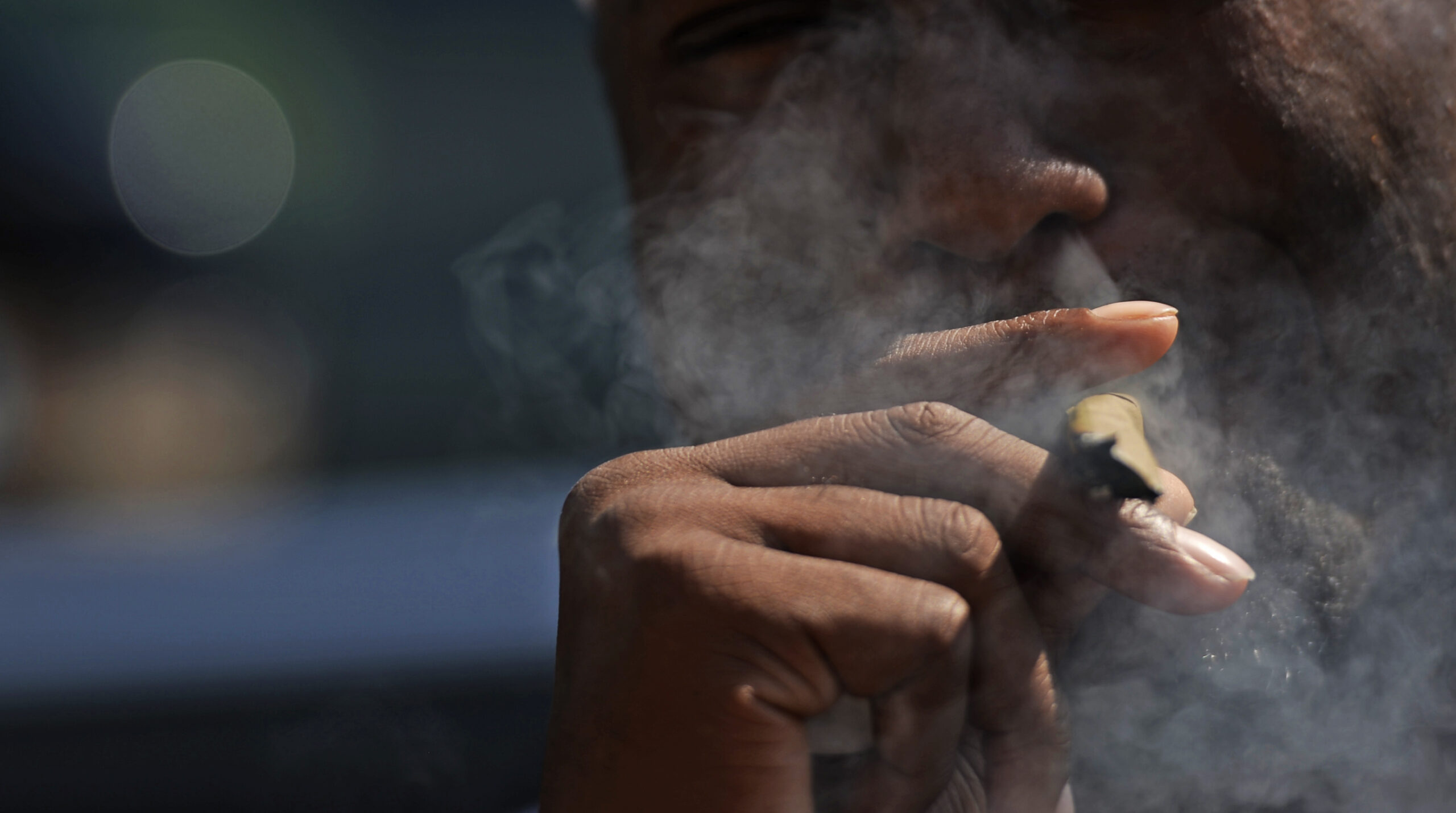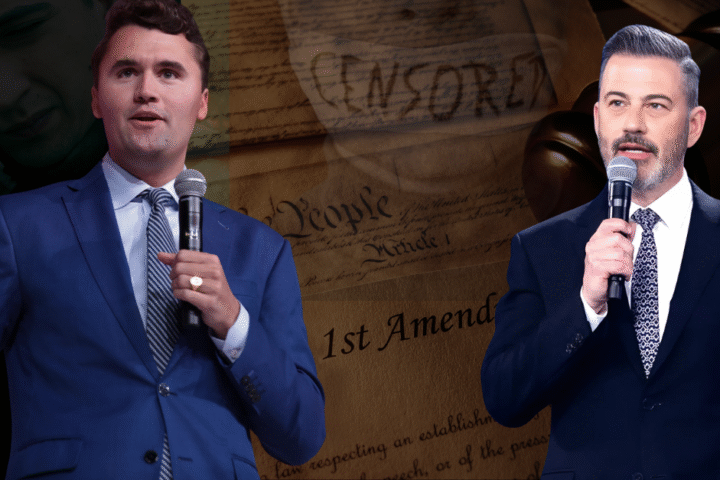In a significant move, the U.S. Drug Enforcement Administration (DEA) has proposed reclassifying marijuana from a Schedule I drug to a less tightly regulated Schedule III drug. This development has sparked intense debates across the nation, especially in states where cannabis legalization has been a hot-button issue.
The proposed reclassification could potentially reshape the landscape of marijuana legislation in the United States. While it wouldn’t legalize marijuana at the federal level, it holds promise for advocates pushing for cannabis legalization, particularly in states where access to medical or recreational marijuana is limited or nonexistent.
Advocates believe that the DEA’s proposal could sway the opinions of state lawmakers who have been hesitant to support cannabis-related bills due to federal illegality. This shift in federal regulation might alleviate concerns among legislators and pave the way for more progressive cannabis policies at the state level.

States currently considering ballot measures related to marijuana legalization, such as Florida, South Dakota, Nebraska, and North Dakota, may see renewed enthusiasm and support for these initiatives. The proposed federal reclassification could provide fresh arguments and momentum for proponents of cannabis legalization in these states.
States’ responses to marijuana legalization vary widely, reflecting the complex intersection of politics, culture, and socio-economic factors. While some states have embraced cannabis legalization, others remain cautious, citing concerns about law enforcement, public safety, and federal legality.
Matthew Schweich, Executive Director of the Marijuana Policy Project, emphasizes the potential impact of the proposed reclassification: “It could sway opinions among state lawmakers who have hesitated due to federal illegality.”
Mark Friese, a Criminal Defense Attorney, highlights the importance of informed discussions: “The proposed reclassification could facilitate intelligent conversations about cannabis legislation.”
Dawn Randolph, Executive Director of the Georgia Pharmacy Association, underscores the potential benefits for pharmacists: “A federal reclassification of marijuana could pave the way for treating marijuana products like other prescription medications.”
As debates around marijuana legalization continue to evolve, the proposed federal reclassification serves as a catalyst for discussions at both federal and state levels. While challenges and resistance remain, particularly in underrepresented communities, the potential implications of this regulatory shift underscore the urgent need for equitable cannabis policies that prioritize the well-being and rights of all individuals.
In the quest for social justice and equity, advocates continue to push for inclusive and progressive cannabis legislation that addresses the needs and concerns of minority communities across the nation.















